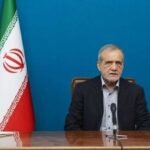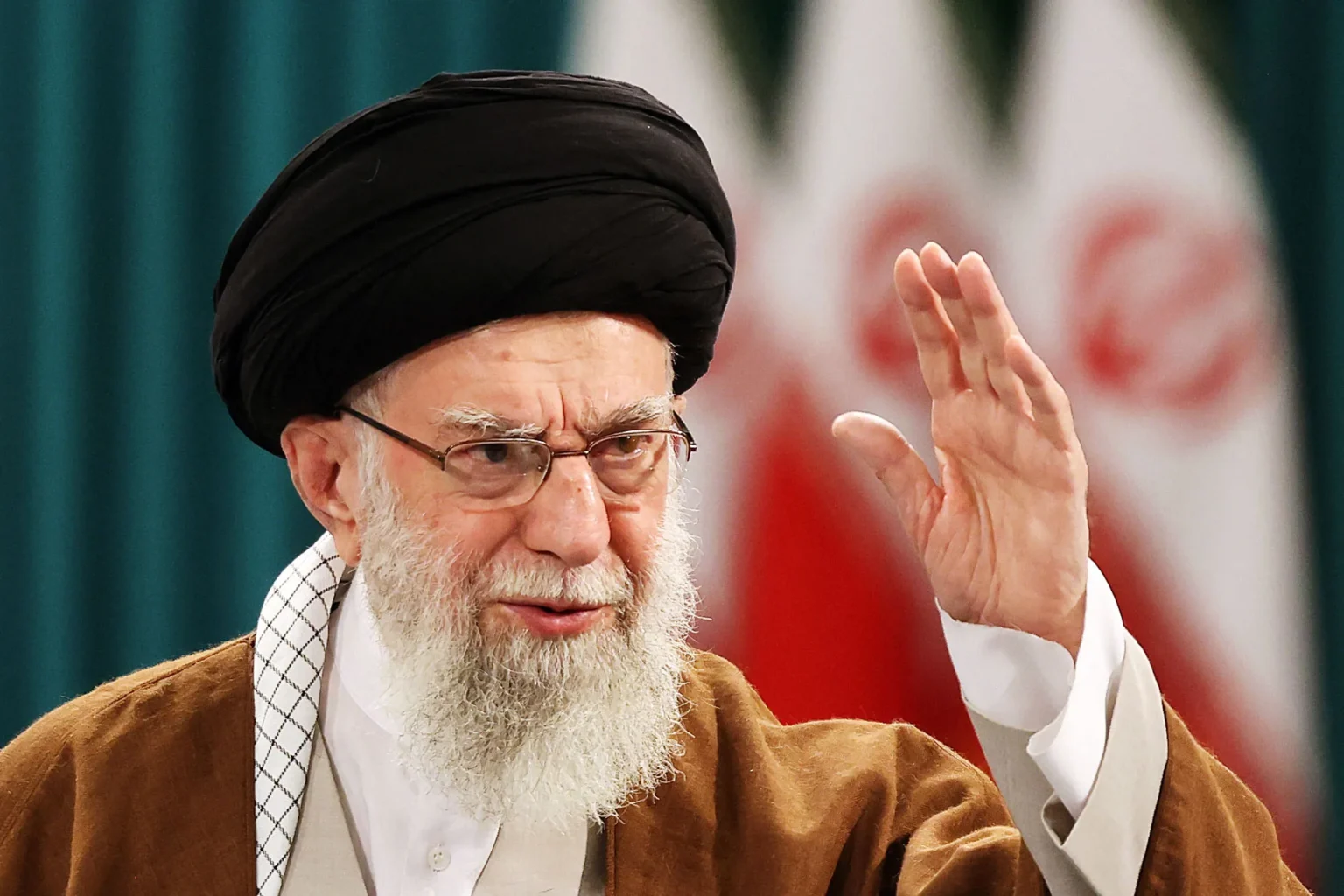
By Mohammad Tarique Saleem
In a powerful and emotional speech delivered recently, Iran’s Supreme Leader, Ayatollah Ali Khamenei, issued a stark and symbolic message to the Iranian people and the broader Muslim world. With visible intensity, he declared, “Maybe I may not be alive one day, it doesn’t matter, maybe Iran may not be anymore, but I want that Islam must be alive.” His words, charged with deep religious conviction, highlight the ideological foundation of the Iranian regime’s continued resistance against Israel and Western influence.
Khamenei’s statement, delivered during a time of heightened military conflict with Israel, reflects his unwavering stance on preserving Islam above all else, even the very survival of the Islamic Republic of Iran. He went on to emphasize, “I will not compromise with Israel at any cost,” reinforcing the Islamic Republic’s long-standing refusal to recognize or negotiate with the Jewish state. This ideological speech comes amidst one of the most intense military escalations between Iran and Israel in recent years.
Over the past few weeks, the two countries have engaged in direct attacks on each other’s territories, moving beyond proxy conflicts. Israeli warplanes carried out a major airstrike campaign deep into Iranian territory, targeting military bases, missile depots, and critical infrastructure such as Iran’s nuclear enrichment facilities. In response, Iran launched a barrage of ballistic missiles and drones targeting key Israeli cities and military centers.
Explosions rocked several areas in central and northern Israel, causing civilian casualties and widespread damage to infrastructure. The strikes from both sides have resulted in hundreds of casualties, with both military and civilian lives lost. What sets this confrontation apart is not just the scale but the clarity of targets. Unlike earlier confrontations that focused on proxies in Syria or Lebanon, this phase has seen both nations aiming directly at each other’s core territories, dramatically raising the risk of a full-scale war.
Ayatollah Khamenei’s remarks must be seen in the context of this evolving conflict. His message is not merely to bolster Iranian resolve but to issue a warning to the Muslim world: the ideological battle is as important, if not more, than the military one. By invoking the potential fall of Iran itself, Khamenei is positioning himself as a guardian of Islam, suggesting that the survival of faith is more valuable than geopolitical boundaries. At the same time, Israeli leaders have escalated their rhetoric as well.
Israeli officials have hinted at the possibility of targeting high-level Iranian command structures, even going so far as to mention Khamenei himself. This level of direct threat signals that the crisis has reached a point where political leadership itself may be at risk. The current Iran-Israel conflict is not just a geopolitical clash but also an ideological confrontation between two very different visions of the Middle East.
Ayatollah Khamenei’s speech sends a clear message that Iran, under his leadership, is prepared to endure enormous sacrifice to ensure that Islam, as he interprets it, remains alive and unyielding. With military engagements intensifying and diplomatic channels narrowing, the region stands on the edge of a dangerous precipice. The outcome of this clash may not only define the future of Iran and Israel but also shape the broader political and religious dynamics of the Middle East for years to come.










